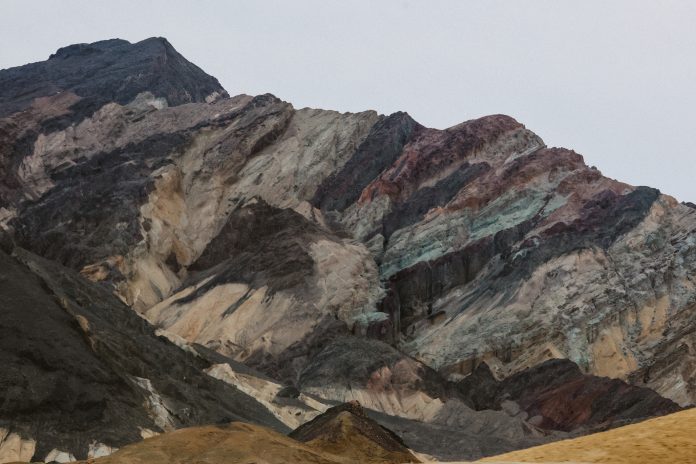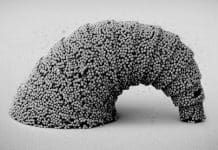A recent study suggests that Venus, typically viewed as a fiery wasteland, may have experienced Earth-like plate tectonics in its distant past
This surprising revelation unveils tantalising prospects regarding early life on Venus, its evolutionary journey, and solar system history.
Unveiling Venus’ Earth-like past
Researchers from Brown University, in a study published in Nature Astronomy, employed atmospheric data and computer modelling to unveil Venus’ hidden geological past by analysing the planet’s current atmosphere and surface pressure; they determined that Venus could have had a form of plate tectonics in its early history, a process crucial for supporting life.
Earth vs. Venus: A divergent evolution
While Earth’s plate tectonics fostered diverse continents, mountain ranges, and a stable climate, Venus underwent a different trajectory. With surface temperatures that can melt lead, it was long believed to have a “stagnant lid,” meaning minimal tectonic activity and gas release into the atmosphere.
Plate tectonics on Venus: A game changer for life
The study proposes that Venus once experienced plate tectonics similar to Earth, occurring approximately 4.5 to 3.5 billion years ago. This revelation fuels the possibility of ancient microbial life on Venus and highlights the planets’ initial similarity before their divergent paths.
Timing is critical for planetary habitability
Plate tectonics may depend on timing, impacting a planet’s potential for habitability. Planets may transition between different tectonic states, challenging the notion of continuous habitability. This concept is crucial for understanding moons like Europa and distant exoplanets.
Unlocking planetary histories through atmospheres
This research showcases that atmospheres can offer insights into a planet’s ancient history. NASA’s upcoming DAVINCI missions, which will analyse Venus’ atmosphere, may provide further evidence. Meanwhile, scientists aim to unravel what led to the end of plate tectonics on Venus, with implications for Earth’s future.
As researchers delve deeper into Venus’ geological history, the study’s findings may offer valuable insights into our planet’s fate and evolution.











